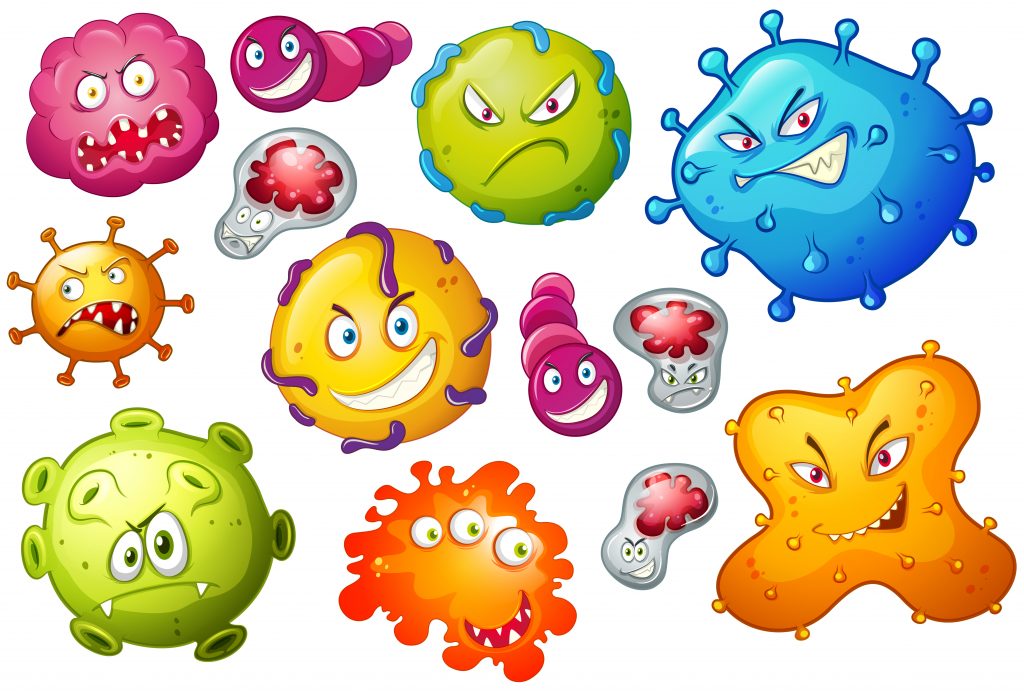Probiotics 101
The World Health Organisation (WHO) defines probiotics as live microorganisms that, when administered in adequate amounts, confer health benefits on the host. It can be found in fermented foods (e.g., yoghurt, kefir, sauerkraut, tempeh, and kimchi), dietary supplements, and cosmetics.
Probiotics may contain a variety of microorganisms. The most common are Lactobacillus and Bifidobacterium. There are also other bacteria being used as probiotics such as Saccharomyces boulardii.
According to studies, different types of bacteria exert different effects on the human body. Therefore, choosing the right strains and types of probiotics is essential to address the said health concern.

Probiotics, Prebiotics, and Synbiotics.
Prebiotics are nondigestible food components that promote the growth of beneficial microorganisms. Probiotics are not the same thing. Prebiotics are commonly consumed by probiotics, which can stimulate their growth and activity. While synbiotics are typically products that combine probiotics and prebiotics. All in one supplement product, this combination allows bacteria (probiotics) to feed on prebiotics.
Why probiotics are important?
Many studies on the benefits of consuming probiotics have recently emerged. Probiotics, according to the National Institutes of Health (NIH), may help your body maintain a healthy community of microorganisms or help your body's community of microorganisms return to a healthy state after being disturbed. It can also influence your body's immune response.

Take away message
There is currently no recommendation for how much probiotics we should consume in our daily lives, but because it has so many benefits, many people have begun to consume probiotics on a daily basis. If you rarely consume probiotic-rich foods like the ones mentioned above, probiotic supplements can be used as an alternative.
References
- National Institute of Health (NIH). National Centre for Complementary and Integrative Health (NCCIH). Probiotics: What You Need to Know? https://www.nccih.nih.gov/health/probiotics-what-you-need-to-know
- National Health Service (NHS). UK. Probiotics. https://www.nhs.uk/conditions/probiotics/




